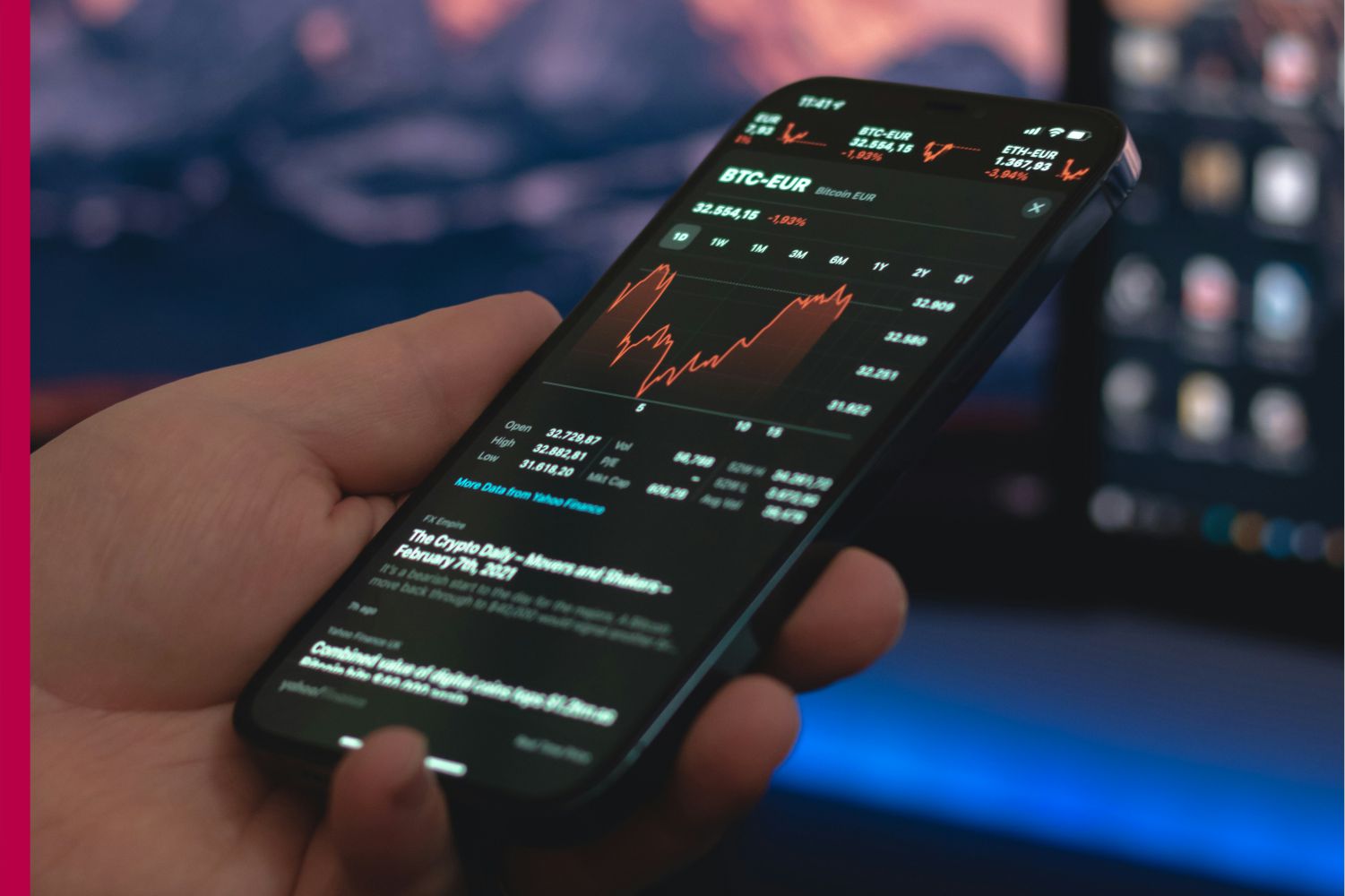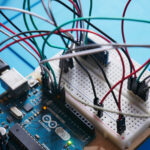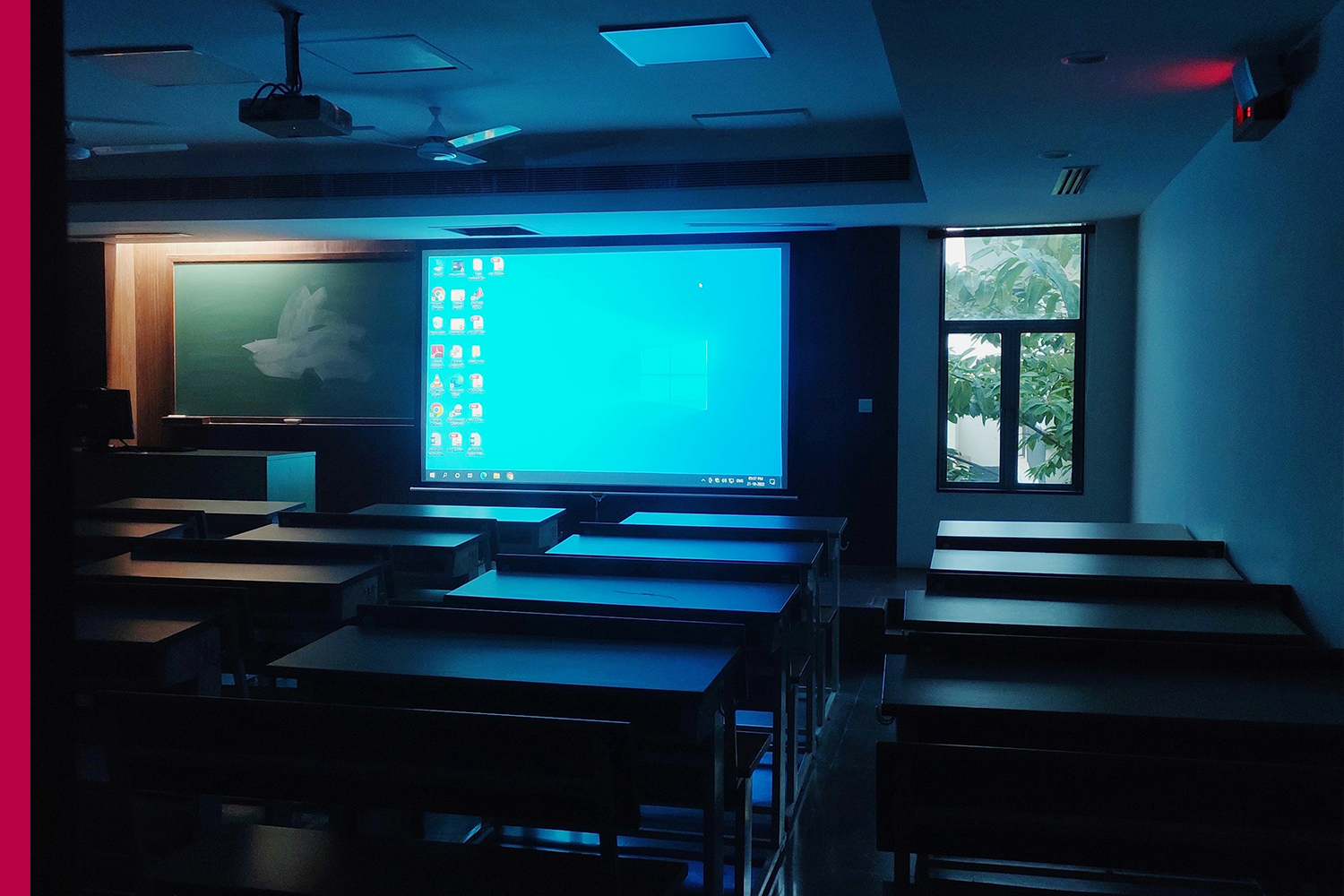The world of work is evolving at an unprecedented pace, driven by technological innovation, environmental imperatives, and shifting economic demands. As artificial intelligence (AI), robotics, and the green economy reshape industries, education systems must adapt to prepare students for the jobs of the future. The traditional model of education focusing solely on memorization and static knowledge is no longer sufficient. Instead, students need a combination of technical skills, creativity, critical thinking, and adaptability to thrive in an era defined by rapid change.
AI is transforming every sector, from healthcare and finance to logistics and entertainment. The increasing integration of machine learning, natural language processing, and automation means that students entering the workforce must understand how AI systems operate and how to collaborate with them effectively. Familiarity with AI concepts, data literacy, and programming skills are becoming essential. Schools and universities are incorporating coding, AI fundamentals, and data science courses into their curricula to equip students with the knowledge to harness AI technologies rather than being displaced by them. Moreover, soft skills like problem-solving, decision-making, and ethical reasoning are critical, as AI raises complex societal and ethical questions that future professionals must navigate.
Similarly, robotics is redefining industries such as manufacturing, healthcare, agriculture, and service sectors. Students must gain hands-on experience with robotic systems, automation processes, and mechatronics to remain competitive. Robotics education encourages a multidisciplinary approach, blending engineering, programming, electronics, and design thinking. Early exposure to robotics clubs, competitions, and project-based learning cultivates not only technical proficiency but also teamwork, creativity, and persistence. As collaborative robots (cobots) become more prevalent, workers will increasingly interact with machines on the factory floor, in hospitals, and in research labs, making robotics literacy an indispensable skill for the next generation.
The green economy, driven by sustainability and climate-conscious policies, is another area where job opportunities are rapidly expanding. Renewable energy, environmental management, sustainable agriculture, and circular economy solutions are creating demand for professionals who can address global challenges. Preparing students for green jobs involves integrating environmental science, energy management, and sustainability principles into education programs. It also requires nurturing entrepreneurial thinking so students can innovate solutions for resource efficiency, carbon reduction, and ecological conservation. Exposure to real-world sustainability projects, internships, and community initiatives helps students understand the practical applications of their learning while fostering a sense of responsibility toward the planet.
To prepare students effectively, education systems must prioritize skills over rote knowledge. Critical thinking, problem-solving, adaptability, creativity, and collaboration are essential across AI, robotics, and green economy careers. Interdisciplinary learning models, such as STEAM (Science, Technology, Engineering, Arts, and Mathematics), allow students to combine technical expertise with creativity, enabling them to design innovative solutions for complex problems. Project-based learning, experiential education, and industry partnerships bridge the gap between classroom theory and real-world applications, giving students practical experience and confidence to enter emerging fields.
Equally important is fostering digital literacy and lifelong learning habits. The rapid pace of technological change means that skills learned today may become obsolete tomorrow. Students must develop the ability to learn continuously, adapt to new tools, and update their knowledge. Online courses, certification programs, and micro-credentialing offer flexible ways for learners to acquire and refresh skills in AI, robotics, and sustainability. Encouraging curiosity, self-directed learning, and resilience ensures that students remain agile in the face of evolving career landscapes.
In addition to technical and cognitive skills, students need ethical and social awareness. AI, robotics, and green technologies raise critical questions about privacy, labour displacement, environmental justice, and social equity. Educators must instil a strong sense of ethics, responsible decision-making, and global citizenship so that students not only excel professionally but also contribute positively to society. Courses on ethics, social responsibility, and sustainable development complement technical training and prepare students to lead in a world where technological and environmental considerations are intertwined.
Equity and access are also essential in preparing students for future jobs. Marginalized communities often face barriers to quality education, technological exposure, and career guidance. Ensuring that all students, regardless of socioeconomic background, gender, or geography, have access to STEM and green economy education is crucial. Government policies, scholarships, mentorship programs, and inclusive learning platforms can help bridge these gaps and create a diverse, skilled workforce ready to tackle global challenges.
Ultimately, preparing students for the jobs of the future requires a holistic approach. Schools and universities must integrate technical skills, creativity, ethical reasoning, and environmental consciousness into learning experiences. Partnerships with industries, hands-on projects, internships, and real-world problem-solving are key to making education relevant and impactful. By cultivating adaptable, innovative, and socially responsible learners, education systems can ensure that students are not only employable but also capable of shaping the future in meaningful ways.
Conclusion,
AI, robotics, and the green economy are defining the careers of tomorrow, and students must be equipped to navigate this new world confidently. Through interdisciplinary learning, hands-on experience, digital literacy, and ethical awareness, students can develop the skills and mind set necessary to thrive in emerging industries. Lifelong learning, creativity, and adaptability will be the hallmarks of the workforce of the future, ensuring that students are prepared not just to succeed in their careers but to innovate, lead, and contribute positively to a rapidly changing global society.












